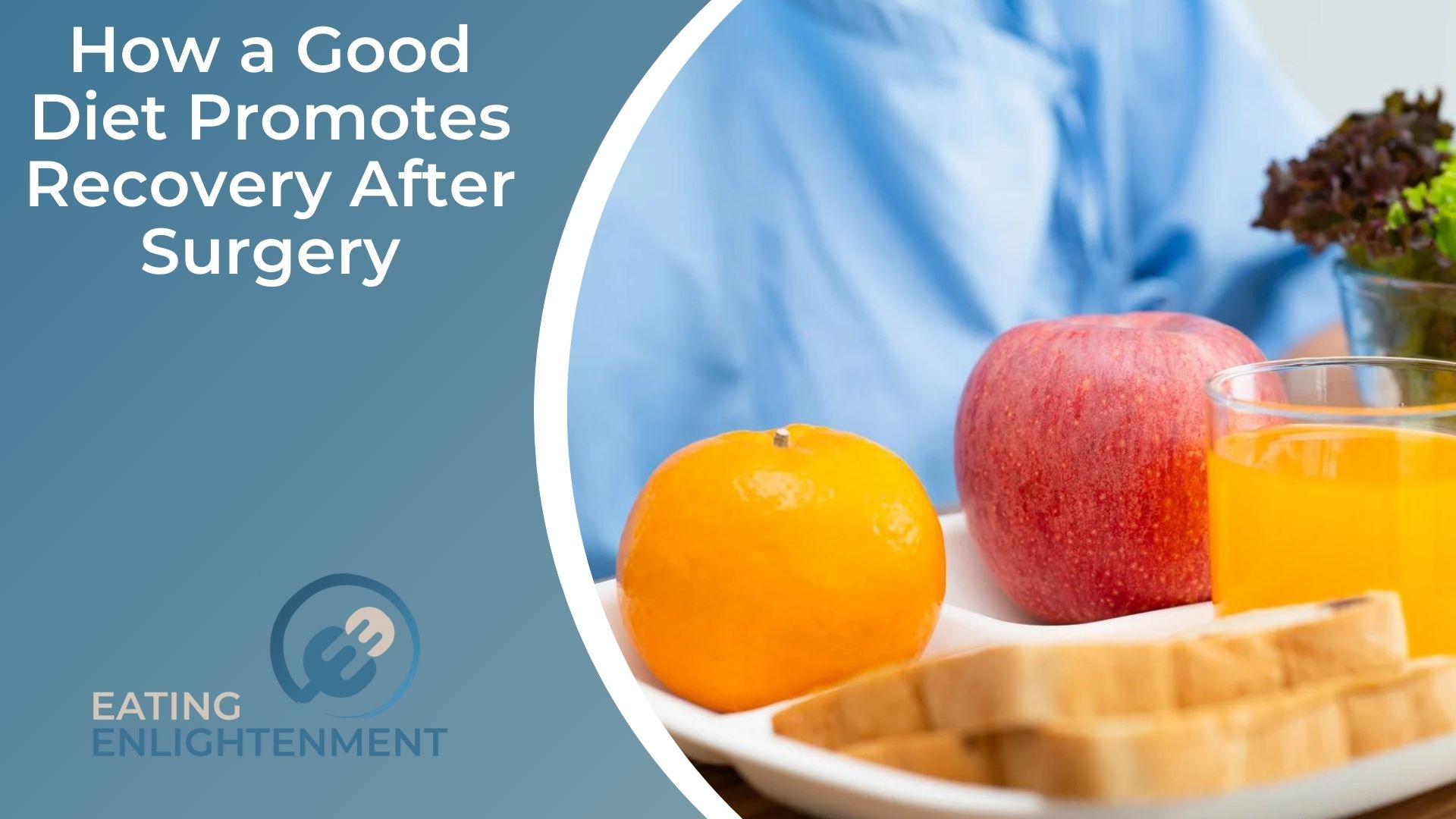A balanced diet is crucial for overall body health and wellness. However, the importance of a nutritious diet becomes more pronounced if you are recovering from surgery. Surgical processes exert much stress on the body, affecting normal functioning. Initiating the healing process also takes a toll on the body.
Consuming the right nutrients during recovery significantly affects the healing process, reduces complications, and improves surgery outcomes. Your functional medicine doctor and medical practitioners will recommend a good diet for the following reasons.
1. Supports the immune system
A balanced diet boosts the immune system functioning during recovery. As mentioned, the surgical process stresses the body. The immune system is the primary protective layer that combats infections, reduces inflammation and promotes healing. A good diet supports the immune system post-surgery in the following ways:
- Protein-rich food options: The body needs proteins for tissue repair and the formation of antibodies. Recovering patients should include eggs, legumes, dairy products, and other sources of proteins to improve healing and immune cell development.
- Increased calorie intake: Surgery and the recovery process increase the body’s energy needs. A balanced diet supplies the body with sufficient calories required by the body for tissue repair and other immune functions.
- Omega-3 fatty acids: You should also take these healthy fatty acids for their anti-inflammatory properties. They significantly reduce inflammation and promote healing.
- Antioxidants: Surgical patients should also include antioxidants in their diets to protect immune cells from oxidative stress. Spinach, berries, and broccoli have excellent antioxidant properties.
- Hydration: Fluids are also crucial for maintaining optimal body functions. Water supports immune system functions in many ways. It also supports body functions like distributing nutrients and eliminating waste products.
Vitamins, especially Vitamin C, and minerals (Zinc) also support the immune system by stimulating collagen production, aiding tissue repair, and enabling other immune system functions.
2. Promotes wound healing
A good diet is also important to wound healing during the recovery phase after surgery. Good nutrition provides the necessary building blocks for tissue repair and reduces inflammation and the risk of infections. The following components of diet promote wound healing:
- Vitamins and minerals: Vitamins A and C, and minerals like zinc, are involved in collagen synthesis. Diets of recovering patients should include leafy greens, bell peppers, berries, and other sources.
- Proteins: Recovering patients need protein for collagen synthesis. Eggs, tofu, lean meat, and other sources of protein increase collagen synthesis, ultimately promoting wound healing.
- Controlled calorie intake: Consuming recommended amounts of calories provides the much-needed energy to support the healing process. However, excessive calorie intake can lead to weight gain.
- Avoid smoking and alcohol consumption: You should also avoid unhealthy habits, such as alcohol consumption and smoking, as they impair wound healing.
3. Reduces inflammation
Inflammation is part of the body’s natural healing response after surgery. However, chronic inflammation can impede recovery and cause complications. Including anti-inflammatory foods in diet reduces inflammation and promotes faster healing. Important food items to have in diet include:
- Fruits and vegetables: Most fresh fruits and green vegetables contain phytochemicals and antioxidants that fight inflammation.
- Probiotics: The inclusion of probiotics in recovery diets has become popular. Probiotics are healthy gut bacteria that improve gut health. A healthy gut reduces inflammation.
- Less processed foods: Junk and processed foods contain added sugars, unhealthy fats, and additives, which promote inflammation. Limiting the intake of unprocessed foods during recovery helps avoid inflammation.
- Spices and herbs: Some spices and herbs, including ginger, turmeric, and cinnamon, have powerful anti-inflammatory effects. Including them in your food reduces inflammation during recovery.
4. Increases energy levels
Surgical procedures often cause temporary fatigue and body weakness. The body’s energy requirements significantly increase during recovery. The body needs enough energy for healing and overall health and well-being. A good diet can increase energy levels in the following ways:
- Complex carbohydrates: A diet with complex carbohydrates, such as starchy vegetables or whole grains, provide a sufficient supply of glucose, the body’s primary energy source.
- Sufficient calorie intake: Recovering patients should include sufficient calories in their diet to meet the body’s increased energy demands. Carbohydrates provide the necessary fuel for body healing, tissue repair, and strength.
- Healthy fats: A diet with healthy fat also ensures the body has a continuous energy source. Avocado, olive oil, and nuts contain unsaturated fats, which help meet the body’s energy demands.
- Hydration: Dehydration decreases energy levels and leads to fatigue. Rehydrating adequately ensures the body is hydrated enough to support body functions.
Endnote
A good diet is crucial post-surgery. A balanced diet supplies the body with requisite nutrients that promote wound healing, support the immune system, reduce inflammation, and increase energy levels. Observing your diet also preserves lean body mass and enhances overall well-being. Surgical procedures and mentally and emotionally taxing. A good diet can improve mental health, helping patients stay motivated during recovery.



